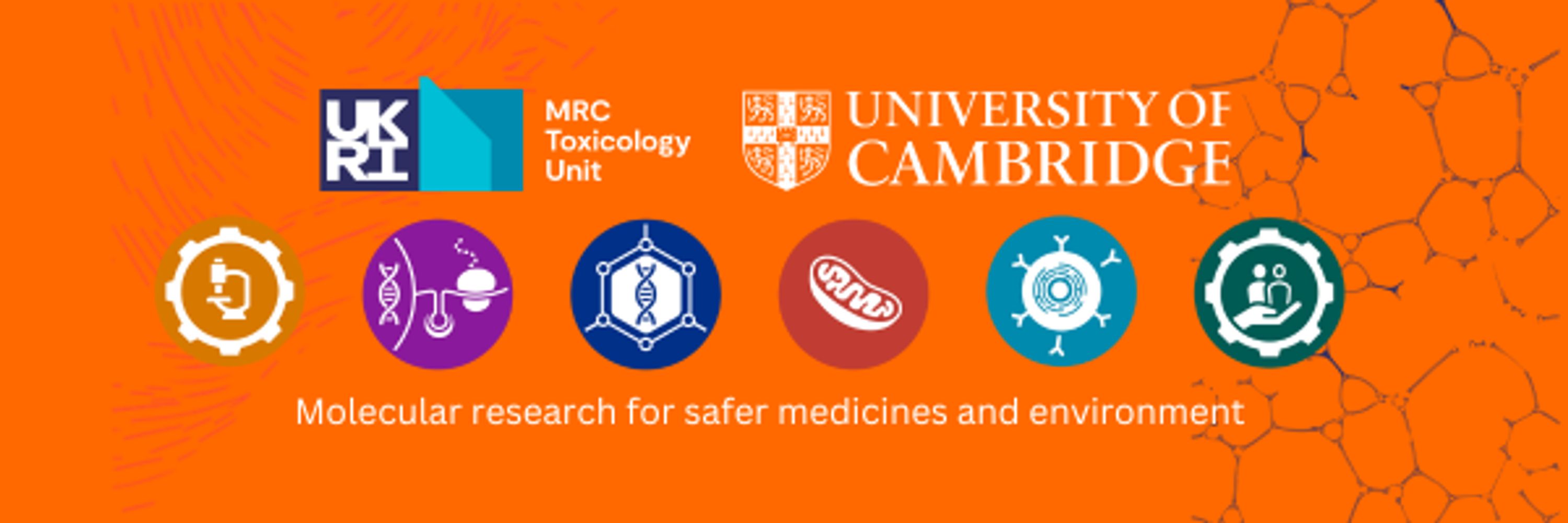MRC Toxicology Unit
@mrc-tu.bsky.social
180 followers
350 following
95 posts
The MRC Toxicology Unit is working to understand the mechanisms of cellular and tissue response to injury caused by drugs, chemicals and endogenous molecules.
Posts
Media
Videos
Starter Packs
Reposted by MRC Toxicology Unit
MRC Toxicology Unit
@mrc-tu.bsky.social
· Aug 28
MRC Toxicology Unit
@mrc-tu.bsky.social
· Aug 15
Reposted by MRC Toxicology Unit




























